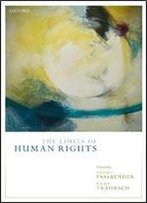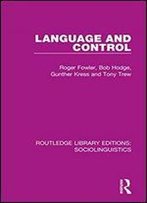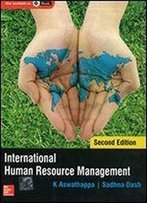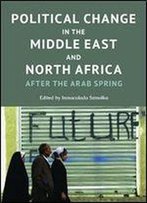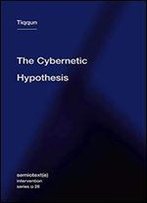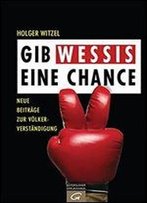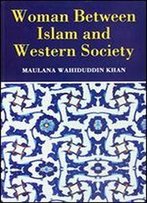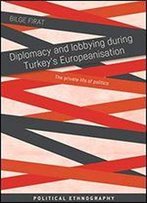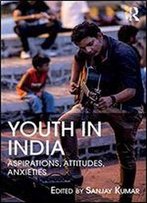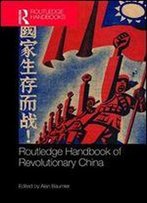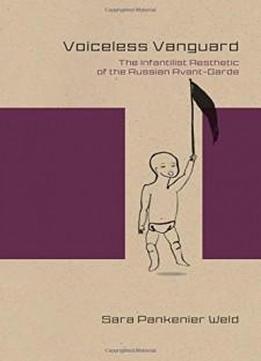
Voiceless Vanguard: The Infantilist Aesthetic Of The Russian Avant-garde (studies In Russian Literature And Theory (hardcover))
by Sara Pankenier Weld /
2014 / English / PDF
1.8 MB Download
Winner, 2015 International Research Society in Children's
Literature (IRSCL) Book Award
Winner, 2015 International Research Society in Children's
Literature (IRSCL) Book AwardVoiceless Vanguard: The Infantilist Aesthetic of the Russian
Avant-Garde
Voiceless Vanguard: The Infantilist Aesthetic of the Russian
Avant-Garde offers a new approach to the Russian
avant-garde. It argues that central writers, artists, and
theorists of the avant-garde self-consciously used an infantile
aesthetic, as inspired by children’s art, language,
perspective, and logic, to accomplish the artistic renewal they
were seeking in literature, theory, and art. It treats the
influence of children’s drawings on the Neo-Primitivist art of
Mikhail Larionov, the role of children’s language in the
Cubo-Futurist poetics of Aleksei Kruchenykh, the role of the
naive perspective in the Formalist theory of Viktor Shklovsky,
and the place of children’s logic and lore in Daniil Kharms’s
absurdist writings for children and adults. This
interdisciplinary and cultural study not only illuminates a
rich period in Russian culture but also offers implications for
modernism in a wider Western context, where similar principles
apply.
offers a new approach to the Russian
avant-garde. It argues that central writers, artists, and
theorists of the avant-garde self-consciously used an infantile
aesthetic, as inspired by children’s art, language,
perspective, and logic, to accomplish the artistic renewal they
were seeking in literature, theory, and art. It treats the
influence of children’s drawings on the Neo-Primitivist art of
Mikhail Larionov, the role of children’s language in the
Cubo-Futurist poetics of Aleksei Kruchenykh, the role of the
naive perspective in the Formalist theory of Viktor Shklovsky,
and the place of children’s logic and lore in Daniil Kharms’s
absurdist writings for children and adults. This
interdisciplinary and cultural study not only illuminates a
rich period in Russian culture but also offers implications for
modernism in a wider Western context, where similar principles
apply.
